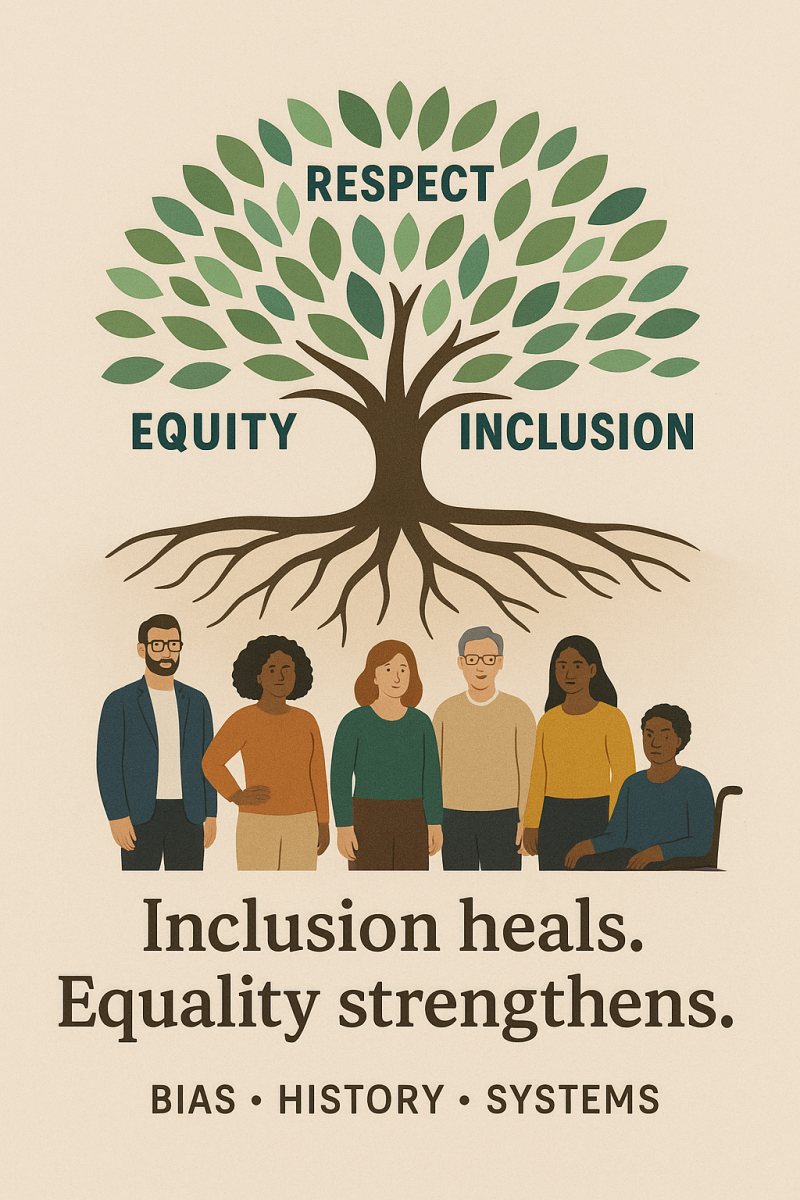By Julie-Anne Peake, Clinical Psychologist - myMHC
We all make assumptions. Our brains are wired to take shortcuts and make quick judgments - it helps us process information and stay safe. But sometimes, these shortcuts can lead us astray. When our unconscious biases and assumptions go unexamined, they can have real and lasting effects, particularly for people in marginalised or disadvantaged communities.
What Are Biases and Assumptions?
A bias is a tendency to think, feel or act in a particular way toward someone or something -often without even realising it. An assumption is a belief we take for granted, often without questioning whether it’s accurate or fair.
These automatic processes are shaped by our upbringing, culture, media exposure, and life experiences. While everyone has biases, problems arise when they influence our decisions, relationships, or workplace practices in ways that disadvantage others.
How Bias and Assumptions Show Up
Bias can appear in subtle and often well-intentioned ways. For example:
- Assuming a person with a disability needs help before asking what they actually prefer.
- Believing a woman with young children isn’t interested in career advancement.
- Thinking someone’s accent or cultural background means they are less competent.
These may seem small, but for those on the receiving end, they add up. Over time, they create barriers to belonging, safety, and opportunity.
The Impact on Marginalised Populations
For people from marginalised backgrounds (such as First Nations peoples, people of colour, LGBTQIA+ communities, those living with disabilities, or people experiencing socioeconomic disadvantage), biases can lead to systemic inequality.
For instance:
- In healthcare, symptoms of pain or distress may be dismissed or minimised due to stereotypes.
- In workplaces, assumptions about ability or motivation can limit promotions and leadership opportunities.
- In education, lowered expectations can affect confidence and academic achievement.
When bias is built into systems and decision-making, it reinforces disadvantage and contributes to chronic stress, mistrust, and poorer mental health outcomes.
Why Equality and Inclusion Matter
Equality isn’t just about treating everyone the same - it’s about recognising that not everyone starts from the same place. Inclusion means ensuring that everyone, regardless of background or identity, has access to safety, respect, and opportunity.
When we consciously work to identify and challenge our biases, we create fairer systems, more compassionate workplaces, and communities where everyone can thrive.
What You Can Do
- Pause and reflect: Notice your automatic thoughts and question them.
- Learn with curiosity: Seek out voices and experiences different from your own.
- Listen and believe: When someone shares an experience of bias or discrimination, validate their experience.
- Advocate for change: Support inclusive policies and practices in your workplace or community.
#Inclusion #Equality #WorkplaceWellbeing #TraumaInformed #UnconsciousBias #PsychologicalSafety #Leadership #Community #Diversity #Belonging #MentalHealth



Add comment
Comments